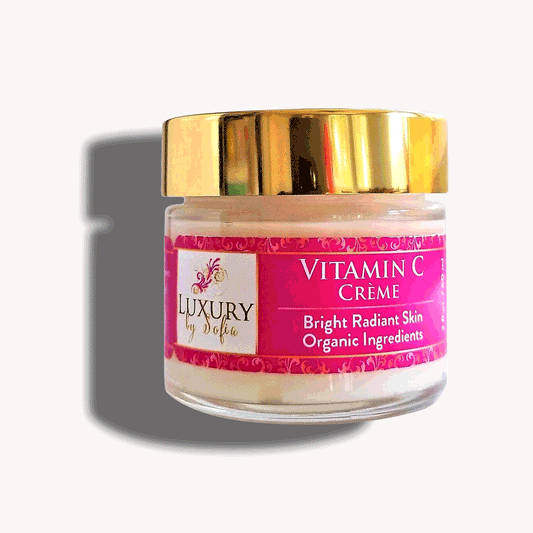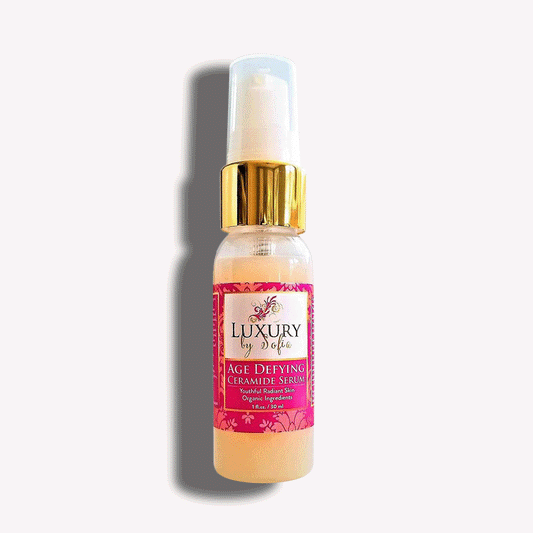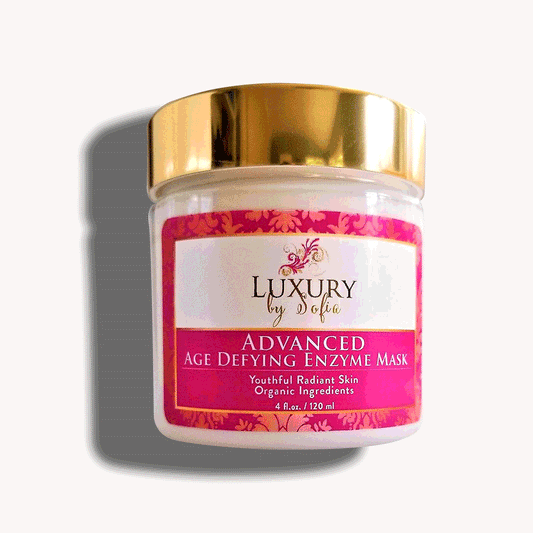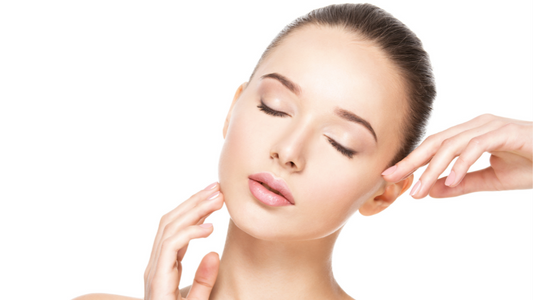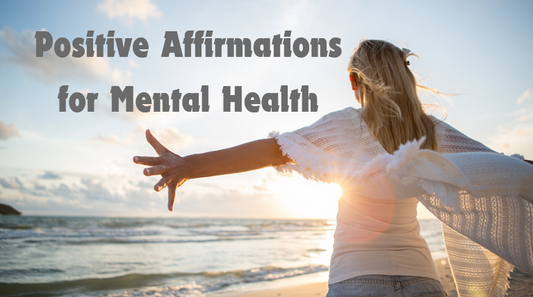Exercise is the best mood booster there is. It has been proven to help those with depression, anxiety, ADHD, and other mental health disorders. Exercise also combats depression by increasing serotonin levels in the brain. And it doesn't take much! A short walk can put you in a better mood for hours afterwards. Plus, exercise makes you smarter as you age because it increases blood flow to your brain cells.

It Increases Your Sense Of Well-Being
When you exercise, your body releases endorphins. These are chemicals that make you feel good and reduce stress. Exercise also increases energy levels and reduces anxiety, which can help you sleep better at night.
It Boosts Serotonin Levels In Your Brain
Serotonin is a neurotransmitter that helps regulate your mood. It's released during exercise and has been shown to make you feel happier, according to a 2016 study in the journal Clinical Psychological Science.
This makes sense - when you're exercising, there's usually something positive happening in your life (like getting outside or seeing friends), which can boost serotonin levels even more!
It Improves Mood And Reduces Stress
Exercise can help you feel happier and less stressed.
Endorphins, which are hormones released during exercise, have a positive effect on your mood by reducing anxiety and improving your ability to handle stress.
Exercise also helps you sleep better. Studies show that people who exercise regularly tend to sleep longer and more soundly than those who don't exercise at all or very little. This improves your quality of life because it gives you more energy throughout the day!
Another benefit of regular physical activity is that it reduces stress levels by increasing blood flow through the body, leading to better focus on the present moment instead of worrying about what happened yesterday or tomorrow (which often leads us down negative thought paths).
It Combats Depression And Anxiety
Exercise is a natural way to combat depression and anxiety. It can help you manage stress, improve your mood, sleep better and feel more in control of your life. Regular exercise will also make you feel more comfortable in social situations because it increases serotonin levels (which are associated with happiness).
In addition to these benefits, regular physical activity helps boost confidence by releasing endorphins into the brain--the same chemicals released when we experience pleasure from eating chocolate or having sex!
Exercise Can Make You Smarter As You Age
Exercise can make you smarter as you age. As we age, our brains begin to lose some of their ability to make new connections between cells and form new memories. But regular exercise has been shown to increase blood flow to the brain, which brings more oxygen and nutrients with it. This helps keep our brains healthy and functioning well into old age by increasing the number of connections between neurons--the building blocks of thought processes--and encouraging new neurons to grow in regions responsible for memory formation.
Exercise also increases levels of BDNF (brain-derived neurotrophic factor), which acts like fertilizer for these connections so they can grow stronger over time.
The benefits Are Immediate!
You will feel better immediately.
You will feel happier.
You will feel more energized and have more energy to do things, which can help you to be more productive in your daily life.
As you exercise, the body releases endorphins that make you feel good about yourself and give you a confidence boost so that when interacting with others, they will perceive you as someone who is happy and confident rather than anxious or depressed (which leads us back to our first point).
If You're Feeling Down, Try Getting Some Exercise
If you're feeling down, try getting some exercise! Exercise is a great way to boost your mood. It can help you feel happier and more relaxed, get more sleep, feel more confident in yourself and your abilities, have more energy throughout the day (and therefore less need for stimulants like caffeine), and even reduce stress levels.
If you're not sure where to start with exercise or how much is enough for you--or if there are any side effects that might make exercising uncomfortable--ask your doctor or other medical professional about it first before starting any new routine out on their own.
Conclusion
Exercise is a great way to boost your mood, relieve stress and anxiety, and even combat depression. It's also been shown to improve brain function as you age! If you're feeling down, try getting some exercise today--I guarantee it will make you feel better.

